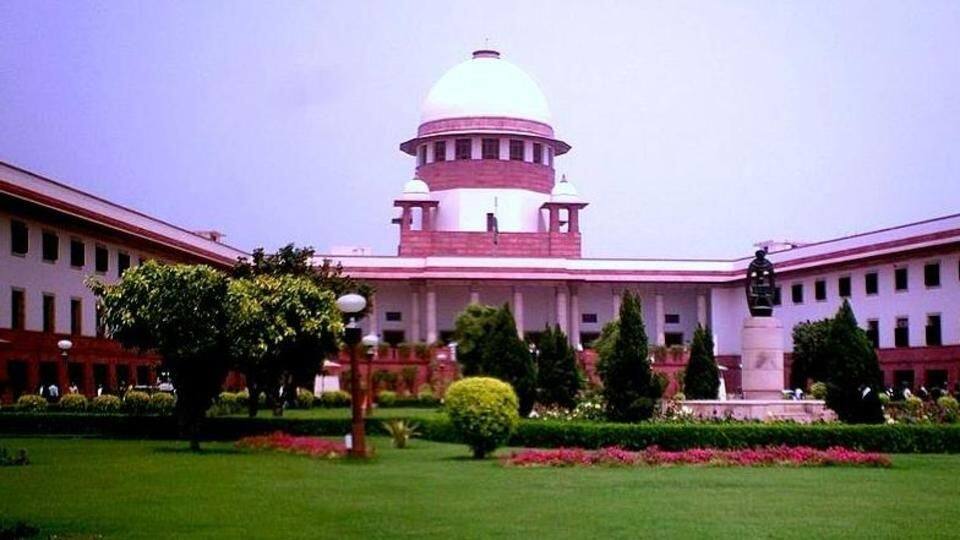
Advocate to SC: Aadhaar will cause death of civil rights
What's the story
Aadhaar will cause the death of civil rights and let the state dominate, senior advocate Shyam Divan told the Supreme Court while arguing against mandatory Aadhaar. People's rights can't be tethered to a switch, he said, adding: "A people's Constitution is being sought to be converted into a State's Constitution." A five-judge bench led by CJI Dipak Mishra is hearing the case against Aadhaar.
History
Aadhaar began as a voluntary scheme, but soon changed form
The Aadhaar project began in 2009. Under the initiative, each applicant is assigned a 12-digit unique identification number (UID), which is linked to their demographic as well as biometric details (fingerprints and iris scans). Though it was initially touted as a voluntary ID, the government has gradually made it mandatory to access a number of schemes including bank accounts and SIM cards.
Critics
What went wrong along the way?
Five years ago, the first petition challenging the validity of Aadhaar was filed. Criticism is mostly related to information collected. For one, does it breach citizens' right to privacy? Another is security. How safe is the Aadhaar database from cyber attacks? There are concerns over reliability. Is there certainty that Aadhaar cards can't be forged? Finally, are there enough checks to prevent possible misuse?
Information
An absence of legal authority to force Aadhaar on people
Surprisingly, Aadhaar operated for seven years without any legal backing; the Aadhaar Act was passed only in 2016. It was pushed through Parliament as a Money Bill, thus skipping the need for assent from the Rajya Sabha. There's still no data protection law in place.
Security
Amid criticism, UIDAI has announced new security features
After several cases of misuse of Aadhaar data, intentional or otherwise, the UIDAI has announced new security features. There's virtual ID, which will eliminate the need to submit your real Aadhaar number to anyone. With limited KYC, agencies will no longer need to store your Aadhaar data. The UIDAI is also testing facial recognition technology. The measures are expected to go live by mid-2018.